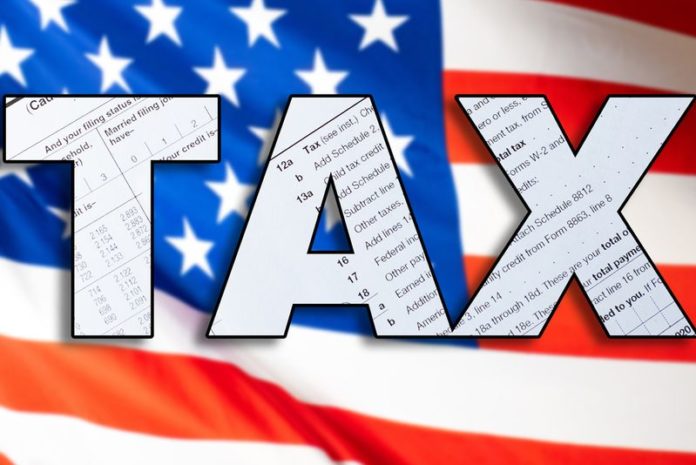
California’s proposed constitutional amendment will increase taxes to fund the establishment of a comprehensive, single-payer public health system.
Details of the Proposed Amendment
Per a Tax Foundation assessment, Assembly Constitutional Amendment 11 (ACA 11) would impose surtaxes on top of the existing personal income tax framework starting at $149,509 in income.
This is a graduated-rate salary taxation system with the top rate applicable to employees earning more than $49,990 in yearly income and a 2.3% gross revenue tax. It is also apart from the first $2 million in revenue.
If ratified by two-thirds of the legislature, ACA 11 will go to the people for ultimate ratification. The total effect is to “raise household taxation by $12,250, virtually tripling the state’s existing high tax receipts.”
The top marginal rate of salaries would increase to 18.05 percent, much higher than the median top income rate in the United States, which is 5.3 percent.
California weighing proposal that could double its taxes
The bill could increase taxes by roughly $12,250 per household.https://t.co/YTXZ1wREkO pic.twitter.com/5pU5mi82Au— 🙏Rosary Army🇺🇸bostoncharlie47 on GETTR (@BostonCharlie5) January 18, 2022
According to the Tax Foundation, the proposed tax package aims to generate an extra $163 billion each year; this would be more than California ever raised in total taxes before the epidemic.
Per the wording of ACA 11, a single-payer health system would serve “every citizen of the state.”
It would also further enable the government “to raise any or all of these income taxes by simple majority upon an economic study indicating insufficient funds to finance these goals.”
California’s latest tax plan comes as the state’s inhabitants continue to depart. Indeed, recent research revealed over 600,000 individuals fled New York and California for areas with cheaper taxes and less stringent COVID-19 regulations.
The World’s Richest Man
Tesla CEO Elon Musk — who recently relocated from California to Austin, Texas — recently chastised California politicians for a strange new solar tax, even setting up a website for residents to lodge grievances with Democrat Gov. Gavin Newsom.
The California Public Utilities Commission’s plan would involve emissions reduction incentive initiatives to fulfill the state’s game-changing clean energy goals. This would happen by imposing an $8 per kilowatt grid participation tax on home solar panel users.
Musk, the owner of Tesla Energy, a company that buys and installs solar panel systems, reacted angrily to the move.
Musk, the world’s richest man at the moment, paid $11 billion in taxes the year before. Nonetheless, Democrat Rep. Pramila Jayapal claimed on social media that Musk was continuing to fall short of contributing his “due share.”
The remark came after Democrat Sen. Elizabeth Warren publicly chastised Musk in December for “leeching off everyone else” and abusing “the rigged tax laws.”
Musk reacted by saying if she opened her eyes for even a second, she’d notice he will pay more in taxes this year than any other American on record.
Twitter fight: Elon Musk vs Sen. Elizabeth Warren pic.twitter.com/jtrfq16Z8L
— Insider Paper (@TheInsiderPaper) December 14, 2021
Two high-ranking officials from the California Department of Education were recently discovered to be residing outside the state.
One was based in Philadelphia, Pennsylvania; another, like Musk, was based in Texas, an odd decision, given California’s prohibition on travel to the Lone Star State.
Both lawmakers resigned, following national attention to their ventures.
















